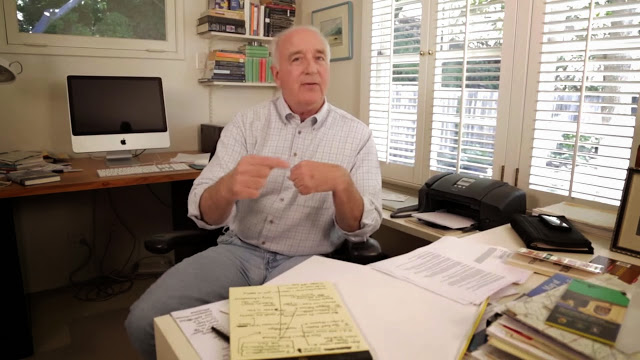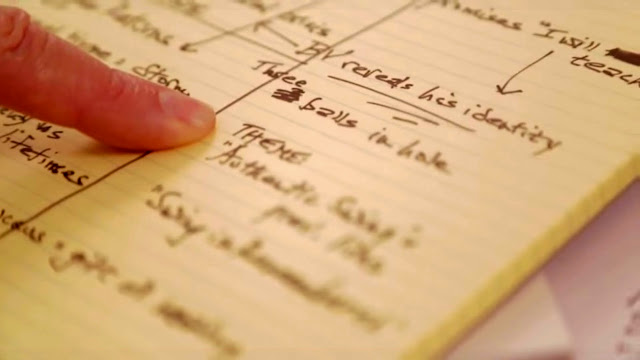Fig.1 Fig.1. Steven Pressfield's 'Foolscap Method' to write a novel
Once more I am loving the Open University's free online course 'Start Writing Fiction' on FutureLearn: it only started this week so there is plenty of time to join now. This free online course is all about character, so us novice fiction writers struggle with thoughts on plot. I love this from author Steven Pressfield: 'The Foolscap Method' is for me the 'Creative Brief' by another name, or even Churchill's dictum of being given reports on a single sheet of paper. By setting parameters and being succinct you are forced to get to the kernel of an idea. When constructing a story then, say a novel, answer the following. I find I return to and refine this often and eventually have it on the wall to stop me wandering off ... those ideas and stories can be kept for another project.
Fig.2 Close up on Steven Pressfield's 'Foolscap Method' used to write his first novel
Steven Pressfield's Foolscap Method : From his blog.
A bit more on the Foolscap Method from his blog. The Foolscap Method - Video 1
The transcript The Foolscap Method - Video 2
THE FOOLSCAP METHOD
|
Beginning |
|
Middle |
|
End |
|
Story telling device |
|
Theme |
|
Inciting Incident |
|
Climax |
Looks easy? Then add 70,000 coherent, clear, exciting words!!!

